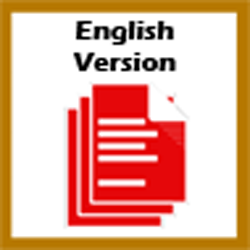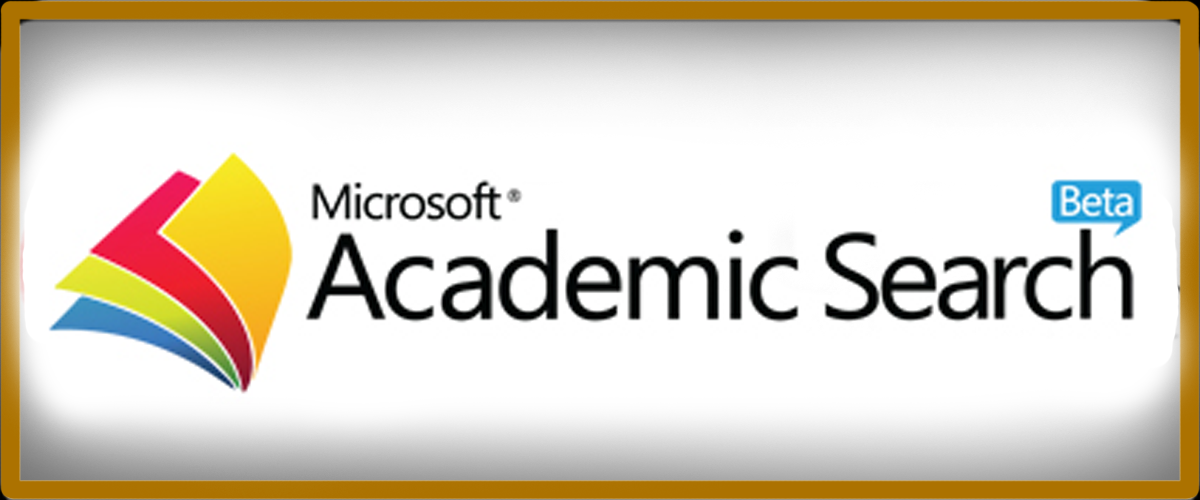| ADDITIONAL MENU |
|---|
 |
| NEW SUBMISSION |
| EDITORIAL BOARD |
| REVIEWERS |
| AUTHOR GUIDELINES |
| PUBLICATION ETHICS |
| PEER REVIEW PROCESS |
| FOCUS AND SCOPE |
| CONTACT |
| AUTHOR FEES |
| OPEN ACCESS STATEMENT |
| RIGHTS AND LICENCES |
Publication Ethics
Publication ethical standards exist to ensure high-quality scientific publications, public trust in scientific findings, and that the public receives credit for their work and ideas.
Eduprof Journal is a member of the Publication Ethics Committee (COPE) and aims to adhere to its guidelines and core practices.
Article Assessment
All manuscripts are subject to peer review and are expected to meet standards of academic excellence. If approved by the editor, submissions will be considered by peer reviewers, whose identities will remain anonymous to the authors.
Our Research Integrity team will occasionally seek advice outside standard peer review, for example, on submissions with serious ethical, security, biosecurity, or societal implications. We may consult experts and the academic editor before deciding on appropriate actions, including but not limited to recruiting reviewers with specific expertise, assessment by additional editors, and declining to further consider a submission.
Plagiarism
Plagiarism is one of the most important threats to the quality of scientific publications and academic integrity. Plagiarism can take many forms, from passing off someone else's work as one's own, copying or paraphrasing parts of another's research without proper attribution, or using research data collected or produced by someone else without permission and proper attribution.
Eduprof Journal Editors use Turnitin and/or Grammarly software to check manuscripts for plagiarism and duplication of text. If the editor suspects there is a case of plagiarism during the peer review process, the manuscript will be rejected.
Duplicate Submission and Redundant Publication
The Eduprof Journal only considers original content, namely articles that have not been published before in any language. Articles based on content previously published only on preprint servers, institutional repositories, or in theses will be considered.
Manuscripts submitted to the Eduprof journal may not be submitted to other places while they are under consideration and must be withdrawn before being submitted to other places. Authors whose articles are found to be simultaneously sent elsewhere may be subject to sanctions.
If authors have used their previously published work, or work under review, as the basis of their submitted manuscript, they should cite the previous article and indicate how their submitted manuscript differs from their previous work. Reuse of the author's own words outside of the Method must be attributed or cited in the text. Large reuse of an author's images or words may require permission from the copyright holder and the author is responsible for obtaining it.
Eduprof Journal will consider additional versions of articles published at the conference provided this is stated in the cover letter, the previous version is clearly cited and discussed, there is significant new content, and any necessary permissions have been obtained.
Over-publication, the inappropriate division of study results into more than one article (also called salami slicing), can result in rejection or requests to merge submitted manuscripts, and corrections of published articles. Duplicate publication of the same, or very similar, article may result in retraction of the subsequent article and the author may be subject to sanctions.
Citation manipulation
Authors whose submitted manuscripts are found to include citations whose primary purpose is to increase the number of citations to a particular author's work, or to articles published in a particular journal, may be subject to sanctions.
Editors and reviewers should not ask authors to include references simply to increase citations in their own or colleagues' work, in the journal, or in other journals with which they are associated.
Fabrication and falsification
Practices such as falsifying or manipulating data, manipulating images and other visual objects, deliberately choosing analytical tools or methods to support certain conclusions are unethical behavior and are strictly prohibited in the Eduprof Journal.
Authorship
Authorship should be limited to those who have made significant contributions to this research. All parties who have made significant contributions must be listed as co-authors. A significant contribution means; significant contributions to the conception, design, conduct, data acquisition, or interpretation of reported research, drafting of the manuscript or critical revision for important intellectual content.
The corresponding author should verify that all co-authors have approved the final version of the manuscript and approved its submission for publication..
Sanctions
If the Eduprof journal becomes aware of a violation of our publication ethics policy, we will apply the following sanctions:
- Rejection of manuscripts and other manuscripts sent by the author.
- Does not allow applications for 1–3 years.
- Prohibition from acting as an editor or reviewer.
Eduprof Journal may apply additional sanctions for serious ethical violations.
Investigations
Suspected ethical violations of our publication policy, both before and after publication, as well as concerns regarding research ethics, should be reported to our editorial team.
The claimant will remain anonymous if requested, although the claimant may also wish to use the Eduprof journal email service listed in the contact menu
Eduprof Journal may ask authors to provide underlying data and figures, consult with editors, and contact institutions or employers to request investigations or raise concerns.
Corrections and Retractions
When errors are identified in a published article, the publisher will consider what action is necessary and may consult with the editor.
If there is an error that significantly affects the conclusion or there is evidence of a violation, this may require a retraction or a statement of concern in accordance with the COPE Retraction Guidelines.
All authors will be asked to approve the content of the notification.
























